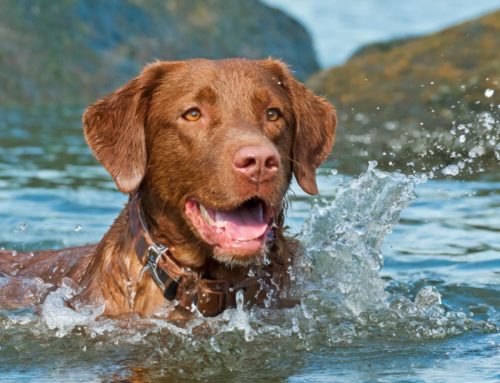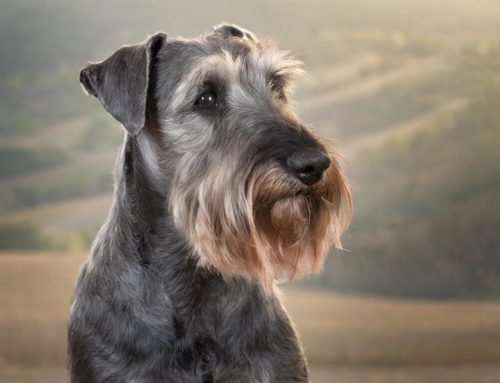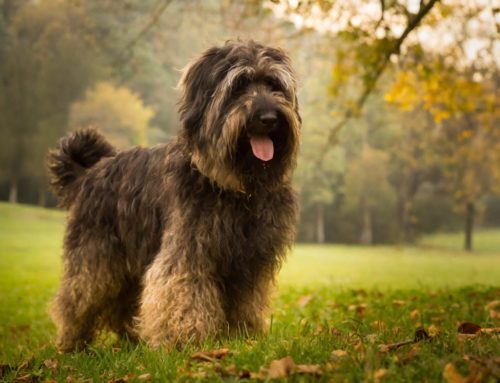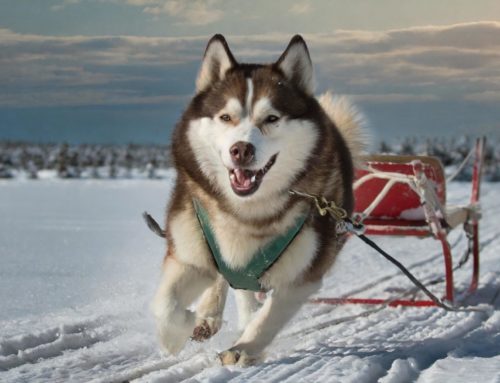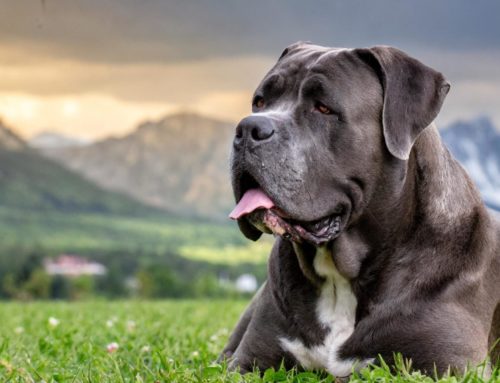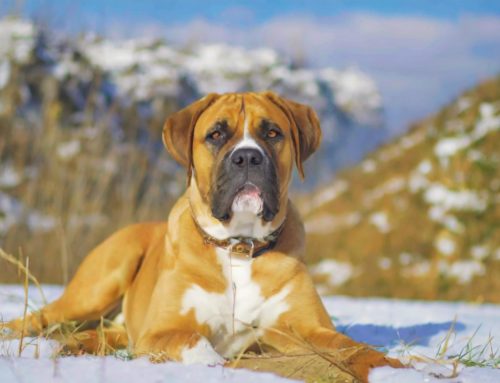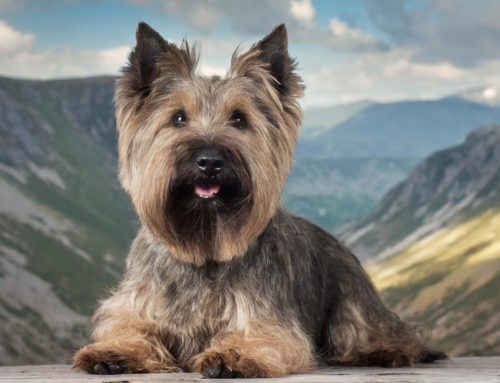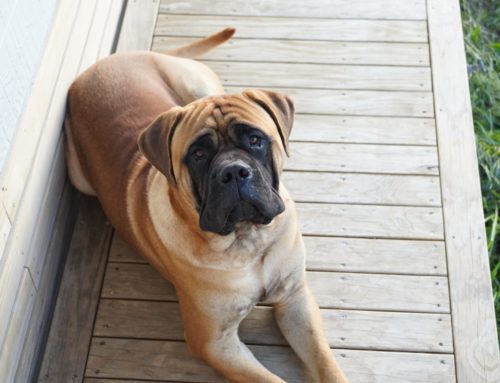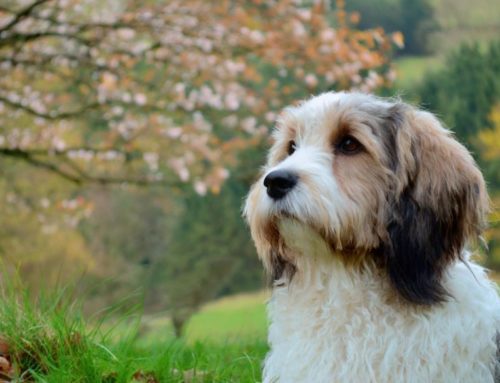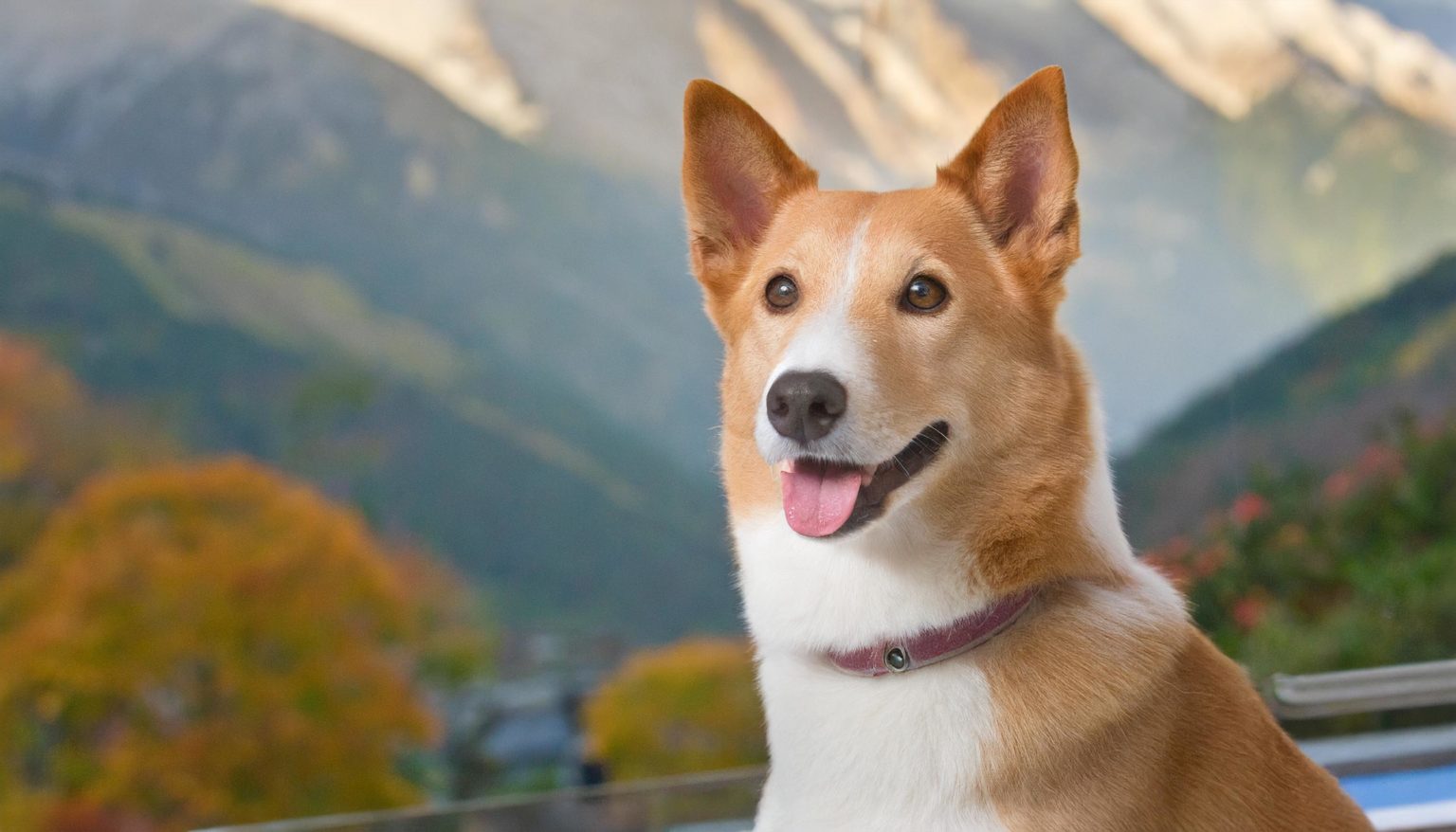
The Canaan dog, an ancient breed of dog that has been around for thousands of years, has its origins in the land of Canaan, present-day Israel. These dogs descended from wild dogs that lived in the Middle East, and were used by the Bedouins for herding and guarding herds and settlements.
In the 1930s, Rudolphina Menzel, a leading cynologist, began a breeding programme to domesticate the wild dogs of the Negev desert.
Her work resulted in the development of the modern Canaan dog. Menzel introduced the breed to the organised dog world, and the Fédération Cynologique Internationale (FCI) eventually recognised the Canaan dog as a separate breed of dog.
As a guard dog, the Canaan dog is very watchful, alert and sometimes reserved towards strangers. They are intelligent, willing to work and can be excellent guard dogs. These dogs were even used by the Israeli army for various tasks, including as tracking dogs and rescue dogs.
FCI Group 5 Spitz and primitive types
The Canaan dog, a fascinating and historic breed, belongs to Group 5 of the Fédération Cynologique Internationale (FCI), known as ‘Spitzes and archetypes’. This group includes breeds that have retained their primitive characteristics and are often used for specific tasks such as herding, pulling or hunting, depending on the breed.
The Canaan dog, native to the Middle East, is a typical example of a primal breed. Originally, these dogs lived in the wild and were later domesticated by the Bedouins for herding and as guard dogs. Their ability to survive in the harsh conditions of the Negev desert contributed to their robust health and versatility.
Coat and appearance of the Canaan dog
These dogs have an athletic build, with a typical weight between 20 and 25 kg and a shoulder height of around 50 to 60 cm. The Canaan dog has a double coat: a thick, protective outer coat and a softer undercoat. This coat requires regular brushing, especially during moulting, to remove dead hairs and keep the coat in good condition.
Canaan dogs were bred as working dogs and are known for their vigilance and alertness. They have a well-developed prey drive and are highly intelligent, which makes them suitable for various tasks, including as watchdogs, guide dogs for the blind and companion dogs.
Hereditary diseases and disorders in the canaan dog
The Canaan dog is widely known as a healthy dog breed, but as with other breeds, there are some hereditary diseases and conditions to which they may be susceptible. It is important for prospective owners and breeders to be aware of these potential health problems:
- Hip dysplasia: A common problem in medium to large breeds, where the hip joint is not formed correctly, which can lead to arthritis and pain.
- Elbow dysplasia: Similar to hip dysplasia, but in the elbow joint.
- Patella luxation: A condition in which the kneecap shifts out of its normal position.
- Progressive Retinal Atrophy: An eye condition that can eventually lead to blindness.
- Hypothyroidism: A condition in which the thyroid gland produces insufficient hormones, which can lead to weight gain, lethargy and skin problems.
- Epilepsy: A neurological condition that leads to seizures.
- Allergies and Skin problems: Some Canaan dogs can be prone to allergies, which can cause skin irritations.
The character of the Canaan dog
A unique and historic breed of dog, the Canaan dog is known for its intelligent, watchful and loyal nature. These medium-sized dogs have a strong personality, combined with a natural tendency towards independence, which makes them fascinating and engaging companions.
One of the most striking characteristics of the Canaan dog is their vigilance. They are always alert to their surroundings, which makes them excellent watchdogs. These dogs are also extremely loyal to their families, often forming strong bonds with their owners.
Despite their sometimes reserved attitude towards strangers, Canaan dogs can be very affectionate and friendly within the family. They are intelligent and eager to learn, which means they are relatively easy to train, provided training is carried out consistently and with understanding.
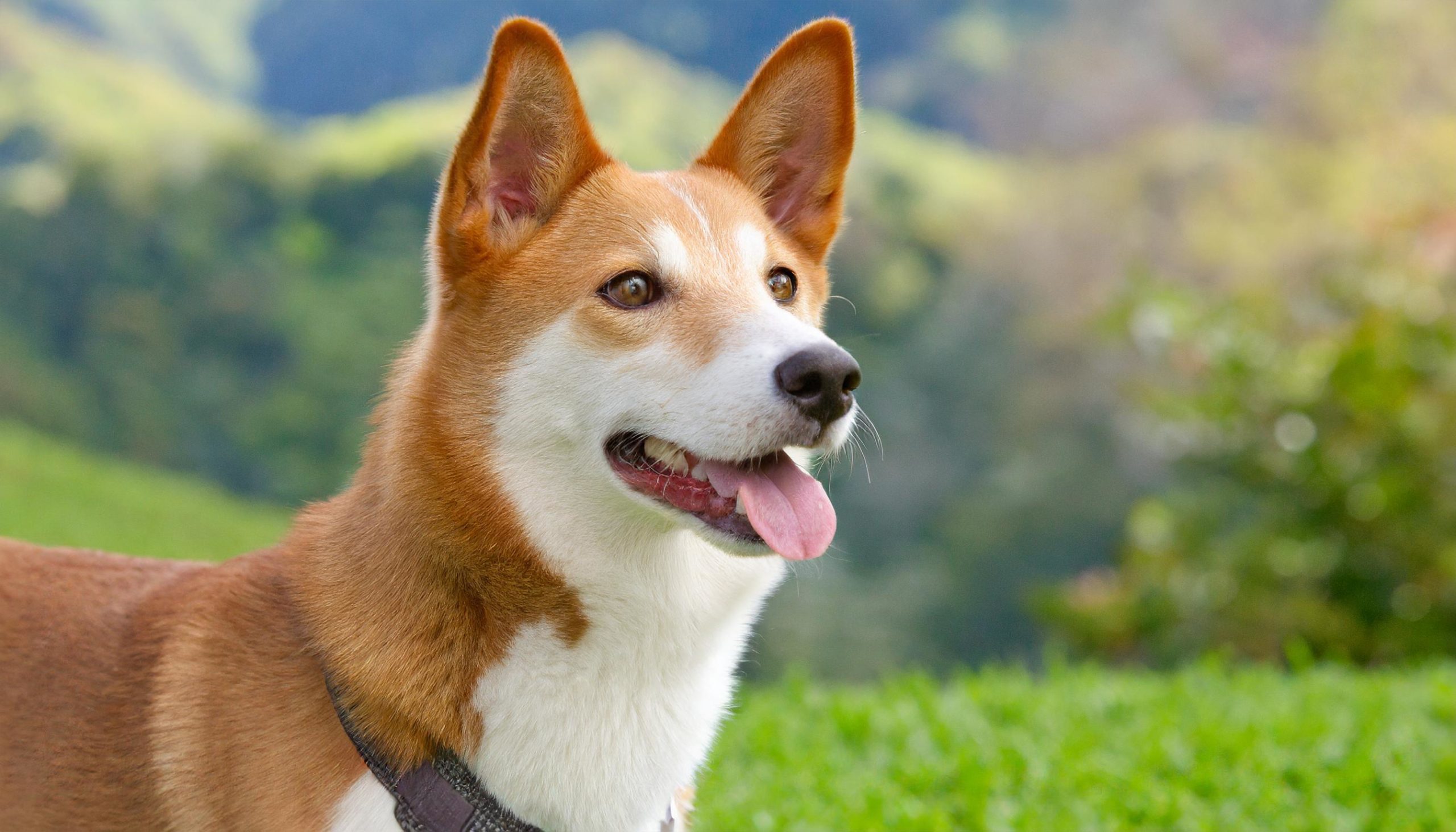
The Care of the Canaan Dog
Caring for a Canaan dog requires attention to both their physical and mental well-being. As a medium-sized, active and intelligent breed, they have specific needs that must be met to stay healthy and happy.
In terms of coat care, the Canaan dog has a double coat that needs regular brushing, especially during moulting to remove dead hairs and keep the skin healthy. Their coat is generally low-maintenance outside moulting periods. Exercise is essential for this breed. The Canaan dog needs sufficient daily exercise to stay physically fit and mentally stimulated.
Activities such as walking, running and playing help to release their energy and prevent boredom and destructive behaviour. The Canaan dog is intelligent and needs mental challenges. Training and brain games are important aspects of their care, in addition to regular social interaction.
A healthy diet appropriate to their age, size and activity level is crucial. Regular checks at the vet are also important to monitor their general health and detect possible health problems early on.
Socialisation and upbringing information on the canaan dog
Socialisation and upbringing of the Canaan dog are crucial to developing a balanced and well-adjusted pet. These intelligent and sometimes reticent dogs benefit enormously from early and continuous socialisation and a patient, consistent parenting approach.
Socialisation should begin in the puppy phase. Introducing the Canaan dog to a variety of people, sounds, environments and other animals helps to reduce fear and distrust. This process of exposure to different situations should continue throughout their lives to make them confident and comfortable in new situations.
As for education, the Canaan dog responds well to positive reinforcement techniques such as praise and rewards.
Because of their intelligence, they can learn quickly, but they can also have a will of their own. Consistency in commands and expectations is therefore important. Teaching basic commands and obedience exercises is essential for establishing respect and understanding between the dog and owner.
It is also important to provide mental stimulation. Puzzle games, obedience training, and interactive toys can help keep their minds active and engaged.
How much experience does a Canaan dog require
The Canaan dog, with its unique character and specific needs, is generally better suited to experienced dog owners. These dogs are intelligent, independent and sometimes reserved, which requires extensive knowledge of dog behaviour and training.
Experienced owners are often better able to understand the subtle signals and needs of this breed and respond effectively to their specific character traits.
For inexperienced dog owners, the Canaan dog can be challenging. Without prior knowledge of dog training and behaviour management, new owners may find it difficult to handle the independent and sometimes stubborn nature of the Canaan dog. This can lead to behavioural problems if the dog is not given proper guidance and training.
That said, a dedicated inexperienced owner can be successful with a Canaan dog by learning about the breed, learning about effective training methods and seeking professional help if necessary. Socialisation, consistent training, and patience are key components in raising a Canaan dog, regardless of the owner’s experience.
Is training necessary?
Training is absolutely essential for the Canaan dog. As an intelligent and independent breed, Canaan dogs require structured and consistent training to develop into well-adjusted, obedient pets.
Their natural tendency towards independence means they do not always respond immediately to commands, which requires a patient and persistent training approach.
Basic training, including basic commands such as ‘sit’, ‘stay’, and ‘come’, lays the foundation for good behaviour. Positive reinforcement, such as praise and treats, is effective in training the Canaan dog. Harsh or negative training techniques can be counterproductive, as this breed can be sensitive to the tone of voice and attitude of the owner.
Socialisation is another crucial aspect of training. Early and continuous exposure to different people, animals and environments helps the Canaan dog grow into a balanced and confident dog. This is especially important given their cautious attitude towards strangers and new situations.
It is also important to keep the Canaan dog mentally stimulated and active. Puzzle games, obedience classes and interactive playtime can help keep their minds sharp and prevent boredom.
How much exercise does a Canaan dog need?
The Canaan dog, as a medium-sized and active breed, needs a significant amount of exercise daily to stay balanced both physically and mentally. These dogs are naturally energetic and intelligent, and therefore require regular physical activity and mental stimulation.
On average, a Canaan dog needs about one to two hours of exercise per day. This exercise can include walks, running, playing and other activities that challenge them physically. It is important to add variety to their exercise routine to prevent boredom and address all aspects of their physical and mental health.
In addition to daily walks, activities such as fetch, agility training and interactive games are excellent ways to channel their energy and stimulate their sharp minds. Canaan dogs also enjoy activities that harness their natural instincts and abilities.
A lack of exercise can lead to behavioral problems such as destructive behavior and hyperactivity. Therefore, it is crucial to ensure that the Canaan dog receives adequate physical and mental challenges.
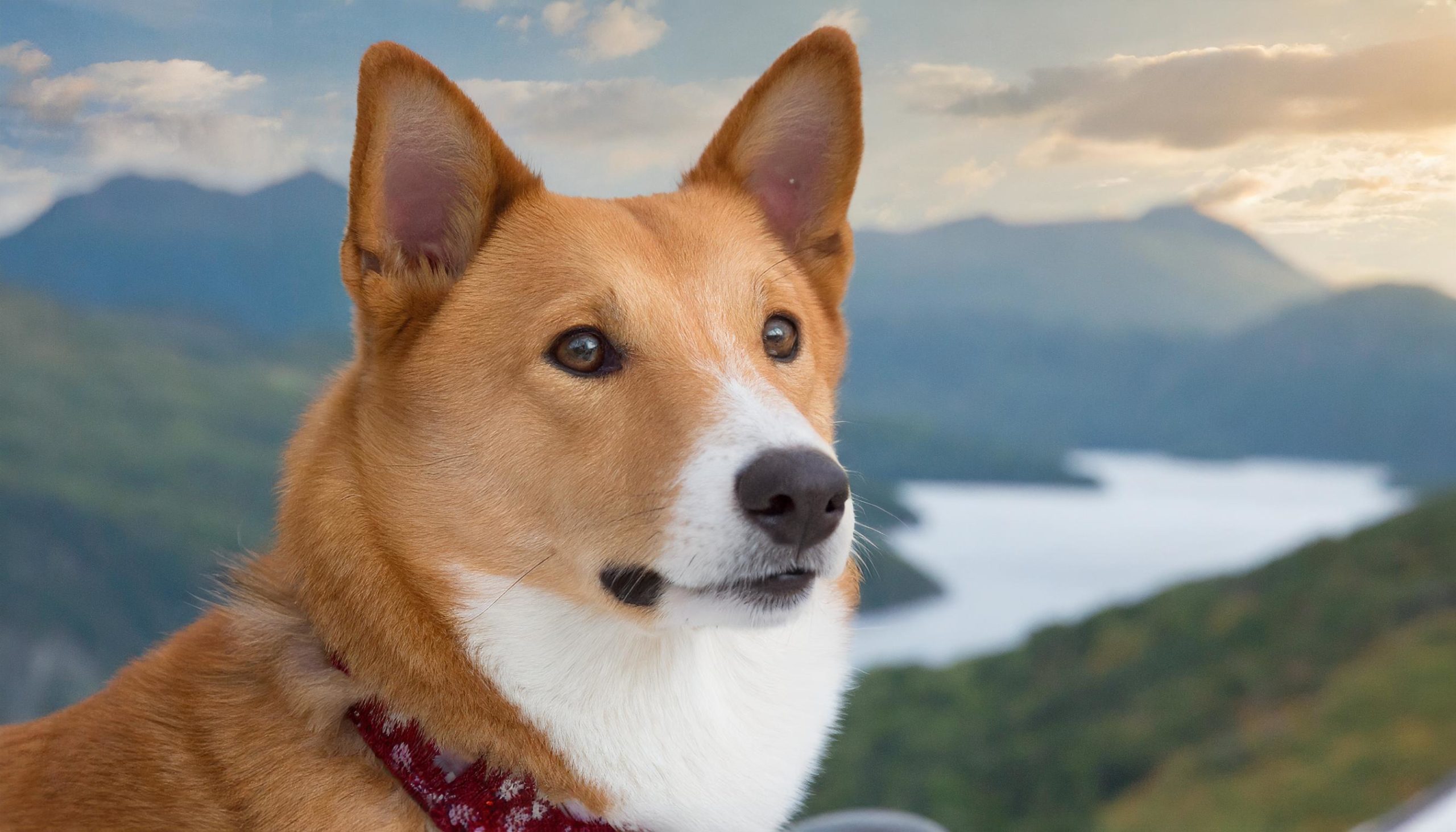
How does it getting along with children?
The Canaan dog can be a good companion for children, provided it is properly socialised and raised. By nature, Canaan dogs are intelligent, loyal and protective, which makes them suitable for families. Their medium-sized stature also makes them more manageable around children compared to larger breeds.
However, as with any dog breed, it is crucial to supervise interactions between Canaan dogs and children. Children should be taught how to treat the dog respectfully and gently, without rough play or disturbing the dog during moments of rest.
At the same time, Canaan dogs should be socialised with children from an early age to become familiar and comfortable in their presence. Canaan dogs may initially be reserved towards strangers, including children, but with a positive and gradual introduction, they can learn to interact with the younger family member.
They can eventually become a loving and patient playmate, as long as clear boundaries and rules are established.
Benefits of a Canaan dog
- Intelligence: Canaan dogs are highly intelligent and can quickly learn new commands and tasks.
- Loyalty: They are known for their strong loyalty to their family, which makes them reliable companions.
- Watchfulness: As natural watchdogs, they are always alert and protective, contributing to the safety of the home.
- Health: In general, Canaan dogs are a healthy breed with few hereditary health problems.
- Adaptability: They adapt well to different environments and living conditions.
Disadvantages of a Canaan dog
- Reticence towards Strangers: They can be reserved or reserved towards strangers, which can be challenging in social situations.
- High Exercise Requirement: They require a lot of exercise and mental stimulation, which can be time-consuming.
- Independence: Their independent nature can sometimes be interpreted as stubbornness, which can be a challenge when training.
- Socialisation Needed: Good socialisation is essential from an early age to make them well adjusted.
- Coat Care: Their double coat requires regular brushing, especially during moulting.
How old a Canaan dog gets
The life expectancy of a Canaan dog is relatively long compared to many other dog breeds.
On average, Canaan dogs can reach an age of around 12 to 15 years. This impressive lifespan is partly due to their robust health and genetic background.
Price of a Canaan dog from breeders and adoption
The price of a Canaan dog can vary considerably, depending on whether you choose to buy from a breeder or adopt through a shelter or rehoming organisation.
At a recognised breeder, the cost of a Canaan dog puppy can vary depending on various factors such as the puppy’s pedigree, the breeder’s reputation, and whether the puppy has already undergone important health checks and vaccinations. Prices for a Canaan dog from a breeder can range from around $2,000 up to $5,000, depending on these factors.
On the other hand, adopting a Canaan dog from a shelter or rehoming organisation can be a more cost-effective option. Adoption costs typically range from $100 to $500 , and often cover basic medical care, such as vaccinations, spaying or neutering, and sometimes microchipping.


